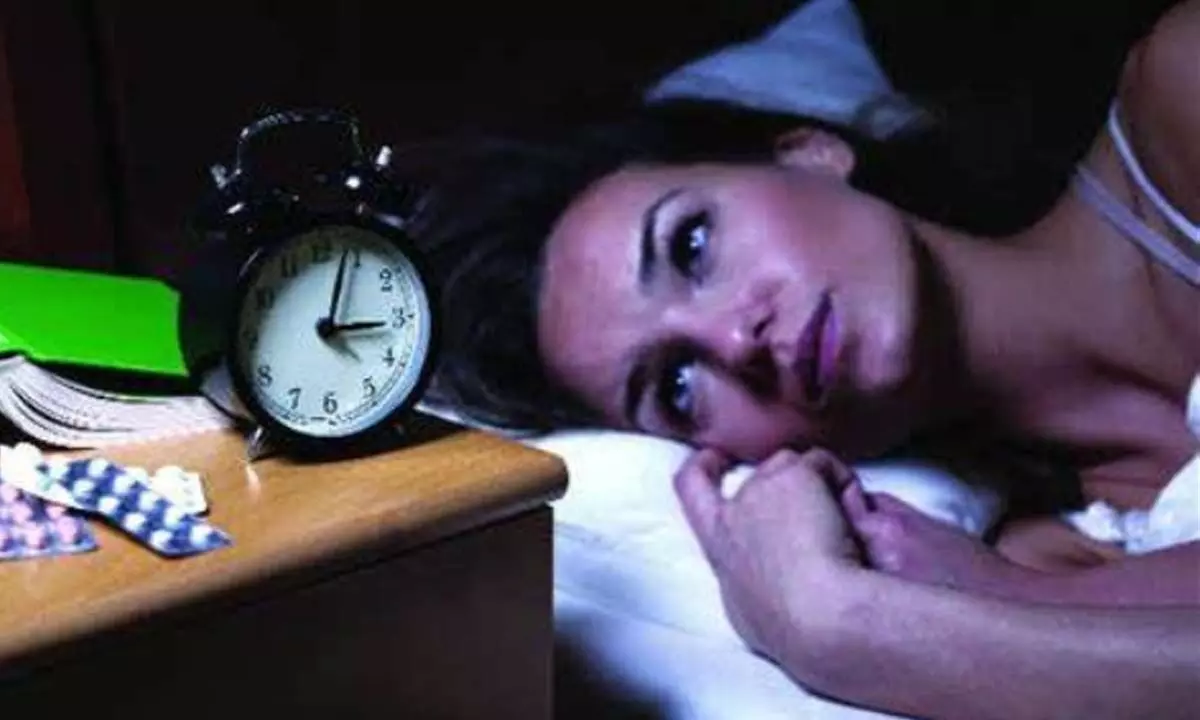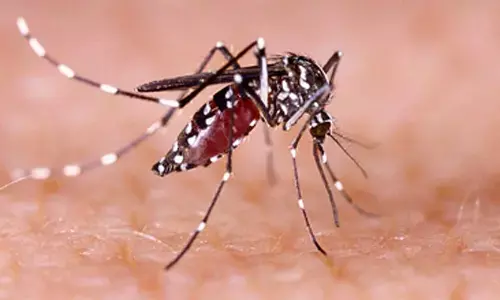Women who struggle with getting enough sleep may be at greater risk of developing hypertension, or high blood pressure

Women who struggle with getting enough sleep may be at greater risk of developing hypertension, or high blood pressure, a new study has shown.
New York: Women who struggle with getting enough sleep may be at greater risk of developing hypertension, or high blood pressure, a new study has shown.
Women who sleep less than seven to eight hours a night are at a significantly higher risk of developing hypertension, revealed the findings published in the journal Hypertension.
In addition, the team from Brigham and Women’s Hospital in the US also found that women with sleeping difficulties had higher BMIs, lower physical activity, and poorer diets, on average and were more likely to smoke and drink alcohol and have previously gone through menopause.
"These findings suggest that individuals who struggle with symptoms of insomnia may be at risk of hypertension and could benefit from preemptive screening," said Shahab Haghayegh, a research fellow at the Brigham and Harvard Medical School.
"Hypertension is associated with many other physical and mental health complications. The sooner we can identify individuals with high blood pressure and treat them for it, the better we can mitigate future health issues," Haghayegh added.
For the study, the team at Channing Division of Network Medicine of the Hospital followed 66,122 participants between 25 and 42 years of age all without hypertension.
They collected information based on age, race, body mass index (BMI), diet, lifestyle, physical activity, history of sleep apnoea, and family history of hypertension.
The team tracked sleeping difficulties, such as having trouble falling or staying asleep or waking up early in the morning and collected responses at several time points throughout the study and found 25,987 cases of hypertension over the follow-up.
Notably, waking up early in the morning was not associated with this increased risk.
“Sleep difficulties can also lead to a chain of events that can increase sodium retention, arterial stiffness, and cardiac output, potentially leading to hypertension. Disruptions to the sleep/wake cycle can also influence blood vessel constriction/relaxation activity and the function of cells that regulate the vascular tone,” said Haghayegh.
"I hope these findings further underscore the crucial role of quality sleep in our overall well-being,” he added.

















